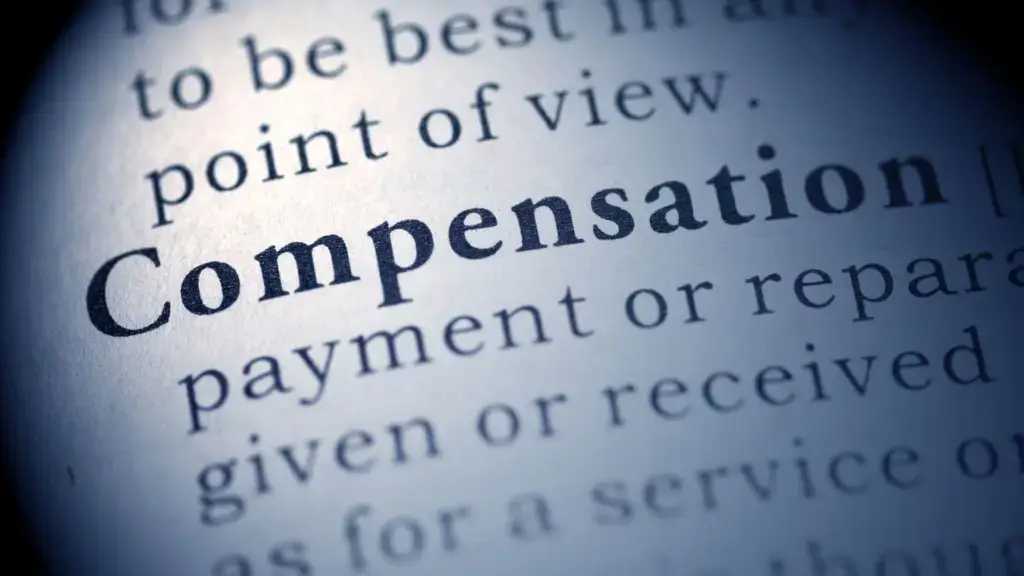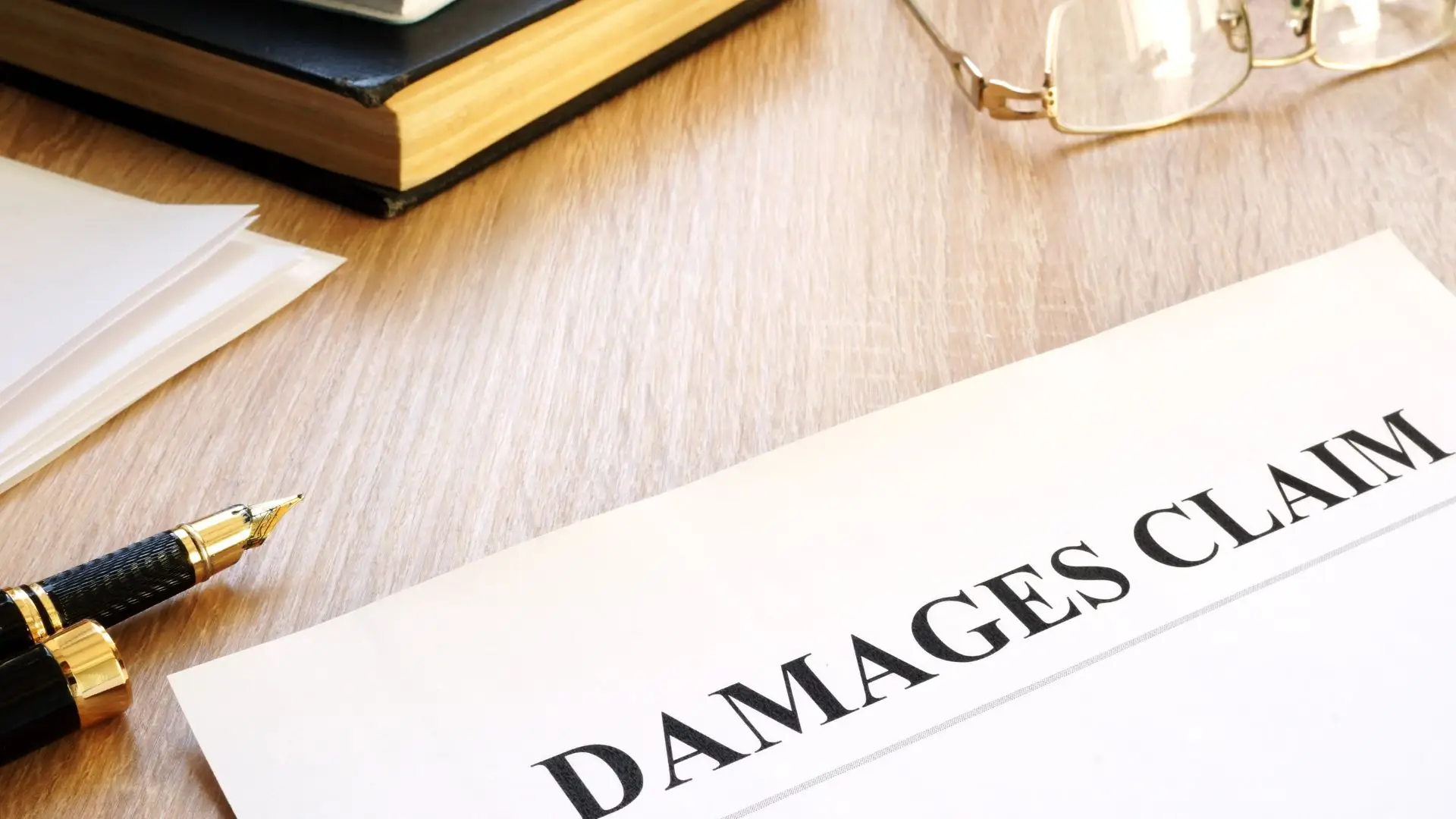If you’ve been injured because of someone else’s carelessness or negligence, you may be wondering what kind of compensation you can legally recover. Medical expenses, emotional distress, time off work, these losses add up quickly. In civil lawsuits, two main types of financial awards are often available: compensatory damages and punitive damages.
Knowing how these damages work, and when they apply, can help you evaluate your case and maximize your settlement.
What Are Compensatory Damages?

Compensatory damages are designed to restore what a person has lost due to an accident, injury, or wrongdoing. Their purpose is simple: to make the injured party “whole” again, at least financially. This includes both the easily quantifiable losses (like bills and income) and the harder-to-measure impacts (like pain or trauma). In most states, including California, compensatory damages fall into two broad categories: economic and non-economic.
Economic damages are tangible and measurable costs that have accrued as a result of the accident in question and accident victims had to pay these costs out-of-pocket. These typically include things like medical costs, property damage, lost wages, and the cost of future care.
Non-economic damages, by contrast, compensate for experiences that don’t come with a price tag, like pain and suffering, emotional distress, or the loss of enjoyment in life after an injury. For example, someone who suffers permanent scarring or chronic anxiety after an accident might receive non-economic damages to reflect those life-altering changes.
States may treat these damages differently. For instance, some limit non-economic damages in medical malpractice claims. Others, like California, generally allow juries more flexibility, especially in personal injury cases outside the medical field.
What Are Punitive Damages?
Unlike compensatory damages, punitive damages are not meant to make the victim whole, they are meant to punish the wrongdoer and deter future misconduct.
Punitive damages are awarded in cases where the defendant’s actions were not just careless, but deliberate, malicious, or shockingly reckless. These are rare and powerful legal tools reserved for behavior that society finds intolerable.
Some examples of cases where punitive damages may apply:
- A company knowingly sells a dangerous product to boost profits
- A driver with multiple DUI convictions gets behind the wheel again and causes a serious crash
- A caregiver intentionally neglects or abuses a vulnerable patient
Many jurisdictions, including California, Texas, and New York, allow punitive damages under specific circumstances, usually when the behavior shows a conscious disregard for the safety or rights of others.
In California, for example, Civil Code § 3294 allows punitive damages in cases involving oppression, fraud, or malice and they must be proven by clear and convincing evidence.
Can You Receive Both Types of Damages?
In many personal injury lawsuits you can pursue both compensatory and punitive damages, but only if the facts support it. Compensatory damages address your recovery: your bills, your pain, your future. Punitive damages come into play only if the defendant’s conduct was truly egregious. When awarded together, these two types of damages can significantly increase the total value of your case.
For example, if you were injured by a distracted delivery driver, compensatory damages may cover your treatment, missed work, and trauma. But if it turns out that the company pressured drivers to meet unsafe quotas and ignored prior safety complaints, you may also have a case for punitive damages.
How Are These Damages Calculated?
Compensatory damages are typically based on proof of loss. Courts look at medical records, receipts, employment history, and expert testimony to assess how the injury has affected your life and finances. That includes not just your current losses, but future expected costs and losses in earning potential.
Punitive damages are not tied to a financial loss. Courts evaluate:
- The severity of the misconduct
- Whether it was intentional or repeated
- The defendant’s financial condition
- Whether the conduct involved fraud, coverups, or abuse of power
While there’s no fixed cap in most jurisdictions, courts may limit punitive damages to ensure they’re proportionate to the harm. A common guideline is that punitive awards should not exceed more than 9 times the amount of compensatory damages.
Are Punitive Damages the Same in Every State?
The legal standard for awarding punitive damages varies by jurisdiction and as a result, will differ from state to state. In some states, like Florida and Texas, punitive damages may be capped by statute. In others, like California, there are no hard caps, but the amount must still pass scrutiny and be justified by the facts.
What’s consistent across jurisdictions is that punitive damages are not available in every case. They are typically limited to:
- Intentional harm
- Fraud or deceit
- Gross negligence with reckless disregard for others
Because the rules differ, if you suffered a wrongful death or any personal injury it’s important to speak with an attorney who understands both the local laws and the national trends in civil litigation.
What Kind of Settlement Can You Expect?
There’s no standard dollar amount, because every injury claim is different. The value of your case depends on:
- The seriousness of your injury
- Whether you’ve made a full recovery
- How clearly fault can be proven
- The availability of insurance or assets
- Whether punitive damages apply
A minor accident with soft tissue injuries may settle for a few thousand dollars, while a case involving life-changing injuries and gross misconduct could result in a seven-figure award.
Settlements also take into account how strong your legal representation is. Insurance companies often lowball victims who don’t have an attorney. A seasoned personal injury lawyer will know how to build a compelling claim, present evidence effectively, and negotiate from a position of strength.
We have our own settlement calculator we’ve created so you can ball park possible damages.
Are Punitive and Exemplary Damages the Same Thing?
Yes—exemplary damages and punitive damages refer to the same type of financial award. The terms are often used interchangeably in personal injury law, especially in legal discussions or statutes. While “punitive damages” is more commonly used in everyday language, “exemplary damages” is the formal term used to describe monetary awards meant to make an example out of the defendant.
For example, in California, as mentioned above in Civil Code § 3294, the language states “the recovery of exemplary damages in cases involving malice, oppression, or fraud, provided that the evidence meets the higher “clear and convincing” standard.” This applies to both individuals and corporations, depending on the level of misconduct.
If you’ve heard both terms (punitive and exemplary damages) used in connection with your case, know this: they mean the same thing. What matters most is whether the defendant’s behavior was severe enough to warrant them… and whether your attorney can prove it.
Injured by Someone’s Negligence? West Coast Trial Lawyers Is Ready to Help
If you or a loved one has suffered a serious injury, West Coast Trial Lawyers is here to stand by your side. We’ve recovered over $1.7 billion for clients and we know how to fight for both compensatory and punitive damages when they apply.
Our legal team has deep experience in handling complex personal injury cases involving corporate negligence, car crashes, product defects, and more. We’re not afraid to take on big companies and we never settle for less than you deserve.
Call (213) 927-3700 or contact us online today for a free consultation. You pay nothing unless we win.















































































